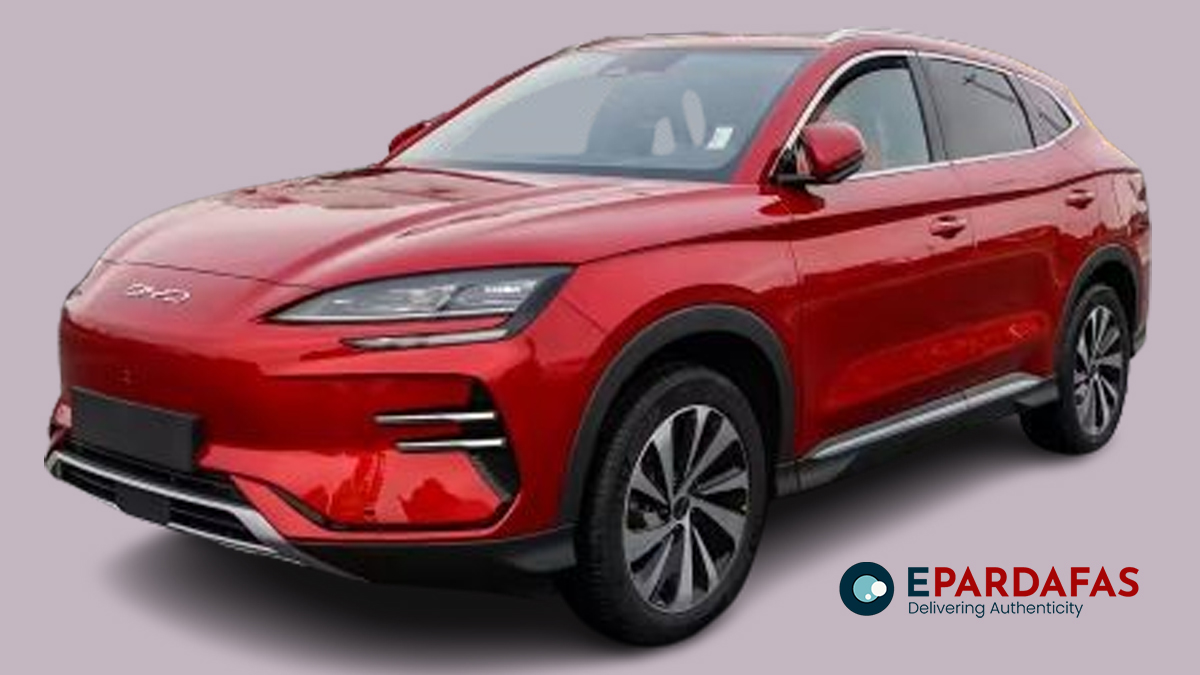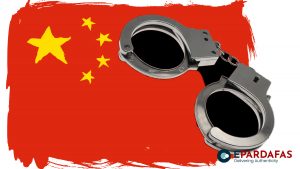
EU presses ahead with Chinese EV tariffs as talks continue

The European Commission on Thursday confirmed hefty import tariffs on EVs made in China, with negotiations continuing ahead of a definitive vote by member states in October on whether to lock in the rates for the next five years.
Thursday was the deadline for Beijing and Brussels to find a solution before the provisional tariffs kick in. Technical discussions with Chinese officials were held in Brussels last week, but they failed to yield a result.
The duties will come into effect Friday, but in the form of bank guarantees, which will only be collected if no agreement is reached in four months. The 27 EU member states will cast an advisory vote on the measures in two weeks that is nonbinding and only requires a simply majority. They will take a final vote in October on definitive duties that will be applied from early November, if no agreement is reached with China.
“Consultations with the Chinese government have intensified in recent weeks, following an exchange of views between Executive Vice President Valdis Dombrovskis and Chinese Trade Minister Wang Wentao,” the EC said in a statement, with the aim of reaching “a WTO-compatible solution, which adequately addresses the concerns raised by the European Union.”
The tariffs were announced on June 12 as the Commission — the executive arm of the European Union — sought to level the playing field for its companies after an investigation found that producers in China benefited from “unfair subsidies.” Chinese-made EVs already face 10% European Union import tariffs.
In response to Thursday’s EC announcement, Chinese EV maker Xpeng said it was studying the possibility of building local capacity in the EU which would allow it to avoid the duties, while Nio said it was assessing its market strategy and not ruling out price rises.
Although at least 15 countries representing 65% of the bloc’s population have to support the tariff regime for it to be finalized and imposed for five years, analysts believe the EC is unlikely to roll back on its move.
“The Commission doesn’t really want to budge [on the tariffs], so it’s really in China’s court,” said Gregor Sebastian, senior analyst at Rhodium Group.
While a mutiny by member states — such as Germany, Hungary and Slovakia who are anti-tariff — to veto the duties is unlikely, China could pressure them to push the Commission to reach a solution in the form of import quotas, or lower duties, both of which are face-saving for both sides.
German Chancellor Olaf Scholz had been keen to find a resolution, given that Germany’s industry is closely linked with China’s. Germany’s transport minister visited China last week and called the duties a “destructive approach.”
Italy, together with Spain and France, have been strong supporters of action against Chinese EV makers. Prime Minister Giorgia Meloni is expected to travel to China within weeks for a reset of relations after Italy pulled out of China’s Belt and Road Initiative. Her trip there will be closely watched for any changes in Italy’s approach to the EV saga.
How things unfold in France over the coming days could also have an impact on the EU stance. President Emmanuel Macron is facing a lame-duck presidency if Marine Le Pen’s far-right party wins Sunday’s election and forms a government. The election result will have an impact on how internal EU negotiations go, analysts said.
German automaker association VDA on Tuesday called for a negotiated solution, saying tariffs would harm the EU’s decarbonization goals, its companies and consumers, and, in some cases, could be higher for European carmakers in China than for Chinese companies.
Germany’s Volkswagen and BMW told Nikkei Asia last month that they believe the import duties are a wrong move by the EU. Both have joint ventures in China.
Apart from those two companies, Sweden’s Volvo is controlled by Geely, while the British MG brand is owned by SAIC.
China’s Ministry of Commerce on Thursday said it hopes the EU will listen to voices within the bloc and carry out “rational and pragmatic” consultations, and avoid hurting mutually beneficial cooperation.
As retaliation for the tariff move, China has opened anti-dumping investigations into brandy and pork imported from the EU’s 27 countries, acting on previous threats to do so. Commerce Ministry spokesperson He Yadong on Thursday said the pork probe came at the request of the domestic industry and would protect “stakeholders.”
Dairy products and cars with large gasoline-powered engines could be next, according to reports in the state-backed Global Times.
The Commerce Ministry’s He said in June that China reserves the right to file a lawsuit at the World Trade Organization, and “will take any necessary measures to firmly safeguard the legitimate rights and interests of Chinese companies.”
Under the EC regime, BYD electric cars will face the lowest additional import duties of 17.4%, because the company cooperated with the EC in its investigation.
The other rates previously announced were tweaked slightly downward due to clerical errors. Geely Holding’s EVs face 19.9%, slightly changed from 20%, while state-owned SAIC Motor’s models will be hit with 37.6% instead of 38.1%. Others will be subject to either a 20.8% or 37.6% rate, depending on their level of cooperation. Those are adjusted from 21% and 38.1% previously.












Comments